Investment casting involves melting solid metal into a liquid state and pouring it into a mold to form a specific shape, which then solidifies. During the melting process, impurities in the slag must be removed from the molten iron.
In the casting process, chromite sand and ceramic foundry sand are commonly used materials. They can enhance the mechanical strength, wear resistance, and corrosion resistance of castings, improve the surface quality of castings, and thus enhance the overall quality and lifespan of castings. Therefore, the proper selection and use of chromite sand and ceramic foundry sand in the casting process is crucial for improving product quality and reducing production costs.
As a supplier in the casting field, Sicheng Abrasives offers abrasive products that can be used in various stages of the casting process, including mold making, casting surface treatment, post-casting polishing, and finishing. These products help casting manufacturers achieve better casting surface quality and higher production efficiency.
Our products comply with various domestic and international standards, such as GB, FEPA, JIS, and AFS, meeting the needs of customers in different countries and regions. Additionally, we can customize production according to the specific requirements of customers, offering flexibility and tailored services to better meet the unique needs of casting industry clients.
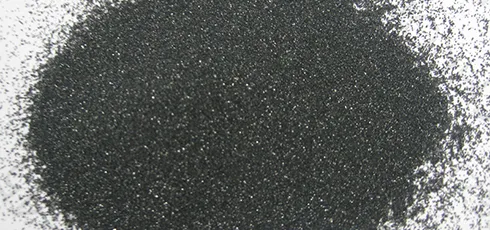
Chromite foundry sand, with its main chemical component Cr2O3, boasts thermal stability, high thermal conductivity, and excellent resistance to alkali slag. It prevents metal penetration and sand sticking, making it ideal for various stainless steel, alloy steel, and carbon steel core-making applications.
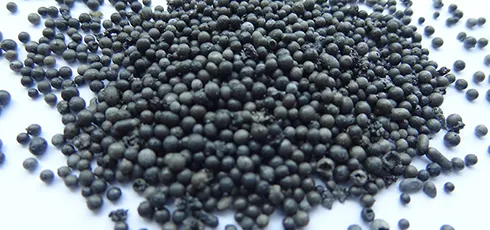
Ceramic foundry sand is made from high-quality calcined bauxite, processed through electric fusion, granulation, and screening processes to produce spherical refractory particles.
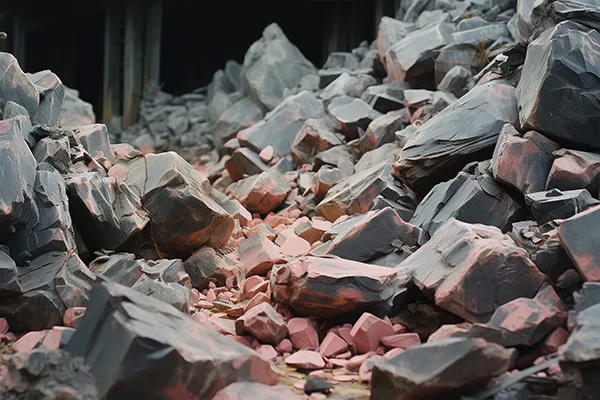
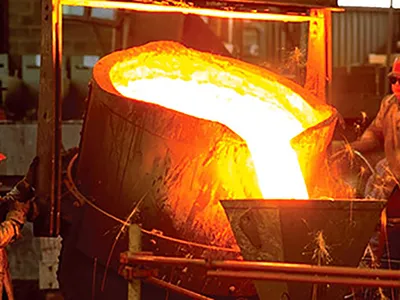
Refractory materials are inorganic, non-metallic materials that can withstand high temperatures and meet usage requirements in high-temperature environments.
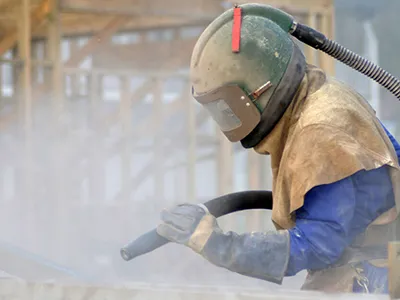
Surface finishing is a process that treats the surface of a work piece using compressed air to create a high-speed jet that propels abrasives (such as white fused alumina, brown fused alumina, garnet, glass beads, etc.) At high speed onto the work piece.
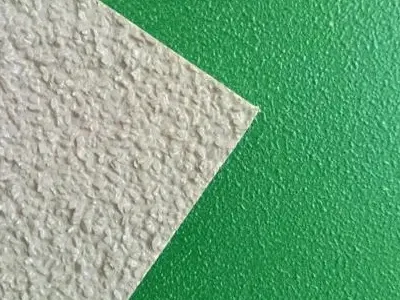
Coatings are widely used in various industries, including automotive, aerospace, infrastructure, pipelines, oil and gas, mining, and shipbuilding.
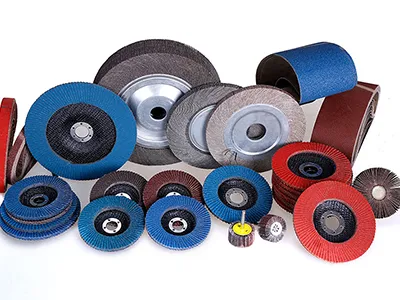
Abrasives are tools used for grinding, polishing, and buffing. Most abrasives are man-made, consisting of abrasives and a bonding agent (like grinding wheels).